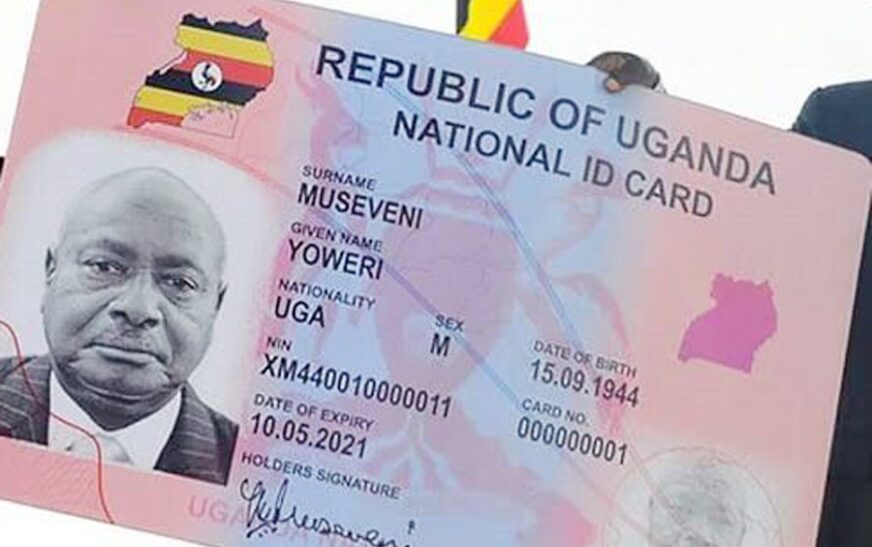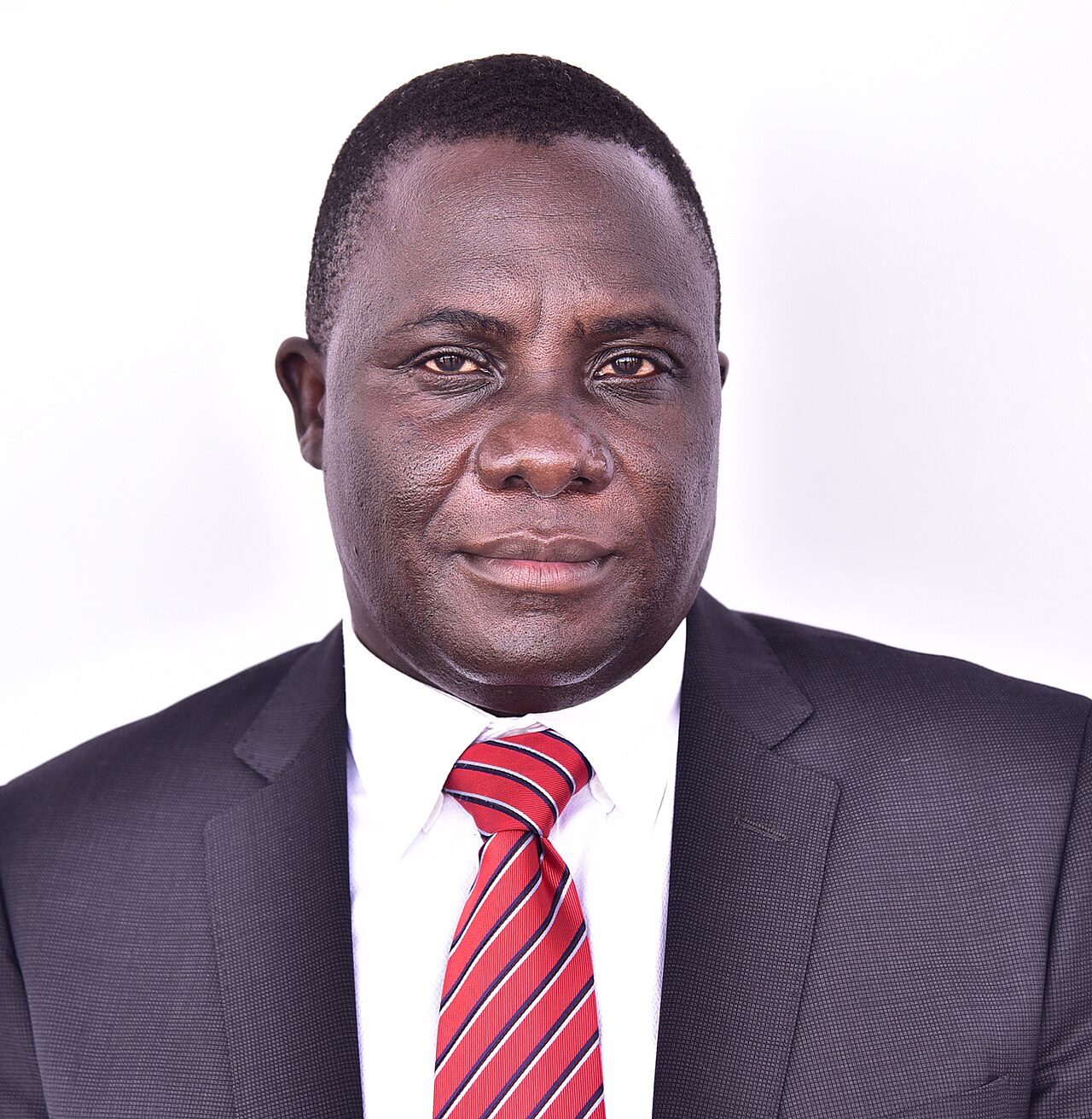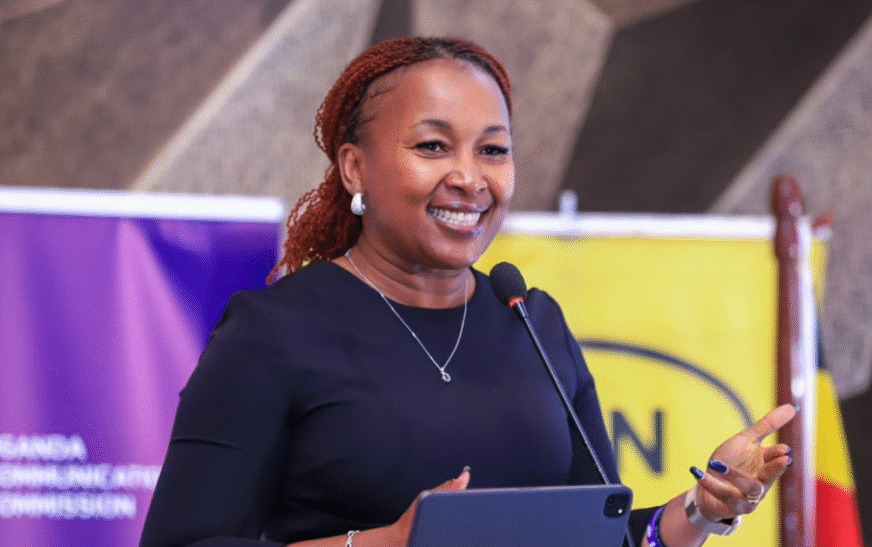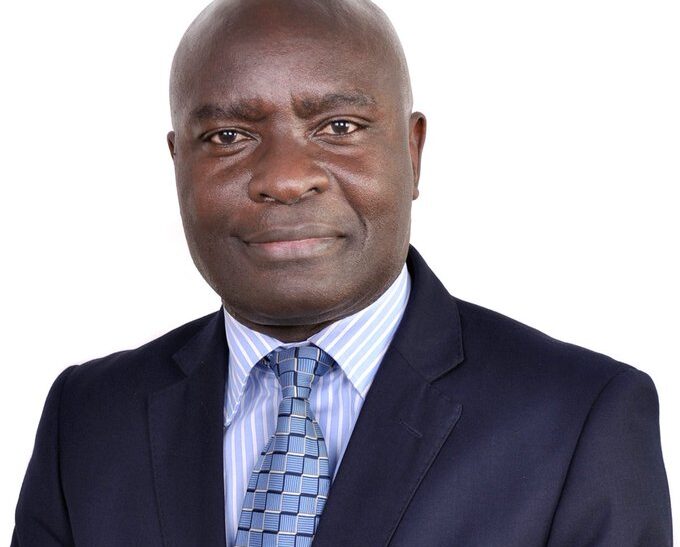In a striking display of public engagement, the National Identification and Registration Authority (NIRA) has registered over 9.1 million Ugandans in just two months—an achievement that signals both urgency and awareness among citizens about the importance of national identification.
The figures, shared by NIRA Registrar Claire Ollama during a weekly police briefing at Naguru headquarters, reveal that the majority of those registered were renewing their national IDs. However, a growing segment of first-time applicants especially children is beginning to emerge.
“We’ve recorded 9.1 million registrations in this short time,” Ollama said.
“Of those, 8 million were renewals. Around 800,000 were new applicants, and the rest had some prior form of identification but are now applying for their first national ID.”
While the bulk of the data points to renewals, Ollama underscored the promising trend of child registrations a demographic previously underrepresented in national ID statistics.
“Since we began enrolling children, we’ve reached 800,000 registrations. That’s a big number. It shows that more Ugandans are seeing the value of securing identity from an early age.”
Ollama used the platform to make a heartfelt appeal to parents: don’t wait. Register your children now.
“If you have a child in your household who isn’t registered, you’re doing them a disservice,” she said.
“There are many things parents can offer their children, but few are as impactful as a national ID. It’s a lifetime asset it helps with birth certificates, school trips, university enrollment, and even legal matters.”
She further urged families to use the school holiday period to complete the process:“A national ID stays with someone from birth until the day they leave this world. We’re hoping that during this holiday, parents take the opportunity to enroll their children and secure their futures.”
The ongoing mass registration effort is part of a broader nationwide campaign to update citizen data and expand access to essential services tied to national identification. With Uganda’s population skewing young, the inclusion of children in the ID system is increasingly being viewed as a cornerstone for long-term planning in health, education, and governance.



















